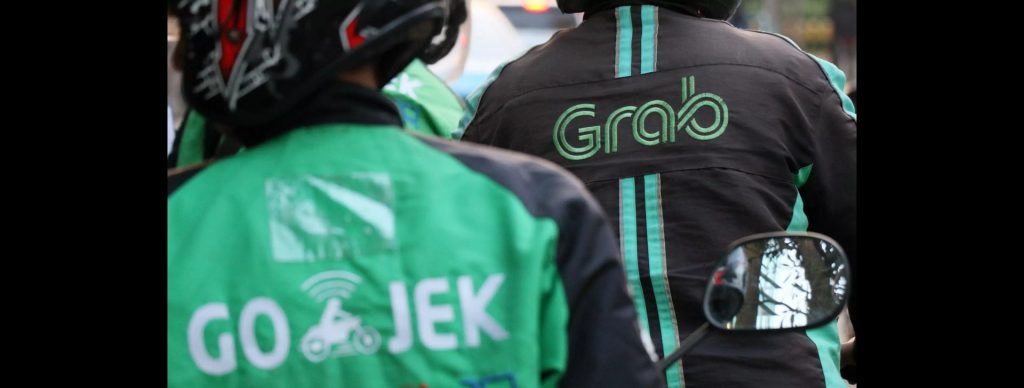With GO-JEK now making waves in Singapore, following its Indonesia successes, it’s unsurprising that reports on e-hailing fraud are appearing. Usually these big wins sound too good to be true; rightly so, Tech in Asia reported that almost 30% of GO-JEK and 5% of Grab e-hails in Indonesia are fraudulent.
These data, according to a new study from Spire Research & Consulting, is based on a qualitative approach. The work mostly analyses deep insights on how e-hailing fraud operations and what types are the most common.
Data for this study features a sample size from 40 ride-hailing drivers and 280 users across Indonesia. To ensure impartiality, internal and external industry sources are part of the survey as well. While the research seems smaller than most, especially for drivers, they work for both platforms and are members of the driver communities.
What Spire put out for its e-hailing fraud report is somewhat questionable due to its very small focus group. In response to this claims, Grab reveals it’s already working to reduce fraud rates and is pushing below under 1%.
As for GO-JEK, it questions Spire’s report as the Indonesian ride-hailing brand view fraud e-haling issues as very serious. “Based on what little we know, we doubt the statistical conclusion is strong; in fact, it cannot accurately represent our driver population or the volume of orders on GO-JEK,” it stated in response to the survey.
E-Hailing fraud is still a major problem in Indonesia. Jakarta’s Institute for Development of Economics and Finance revealed recently how 61% ride-hailing drivers know colleagues who made fraudulent bookings. It is a separate survey that also show how drivers face fake requests – 80% of the time in a week. That translates to over 30% a day.
While drivers seek-out more profits through these fake bookings, it affects the system as a whole as bonuses follow strict performance metrics.
To address these issues, both GO-JEK and Grab are already working on countermeasures. This includes better security controls, turning to artificial intelligence and machine learning, data analytics, and using active tracking. All these are in place to better detect fraudulent bookings, anomalous routing, and bogus booking patterns.
Text by: Victor Yap
MARKETING Magazine is not responsible for the content of external sites.











